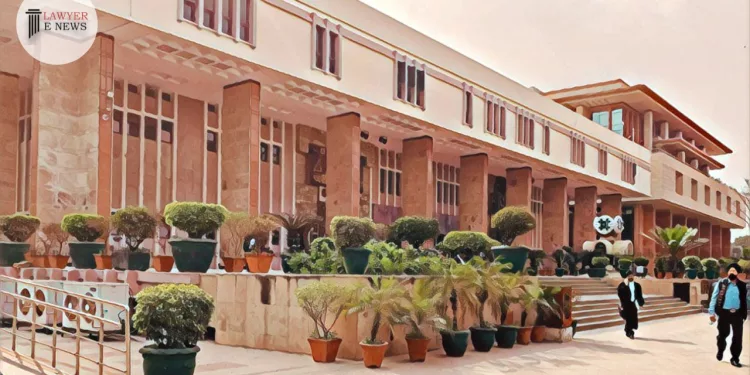High Court Rules in Favor of Civil Servant Challenging Promotion Denial Due to Uncommunicated APAR Grading

In a groundbreaking verdict delivered on September 25, 2023, the High Court of Delhi has issued a significant ruling in favor of a civil servant, Nirmal Kumar Chawdhary, who had contested the denial of his promotion to Grade IV with Grade Pay Rs. 8700/- based on uncommunicated Annual Performance Appraisal Reports (APARs). The judgment has far-reaching implications for the treatment of below benchmark grading in APARs during promotion considerations.
The court emphasized the importance of transparency and fairness in the promotion process, particularly when it involves grading in APARs. The judgment cited the Supreme Court’s earlier rulings, stating that non-communication of below benchmark grading is arbitrary and violative of Article 14 of the Constitution. It further noted that such entries, when not communicated, should not be taken into consideration for promotion to a higher grade.
In this particular case, the petitioner’s APARs mostly featured ‘Outstanding’ ratings, except for one year where he was rated as ‘Good.’ This ‘Good’ rating, which fell below the ‘Very Good’ benchmark required for promotion, led to the Departmental Promotion Committee (DPC) deferring his promotion, eventually resulting in a denial.
Crucially, the rejection of the petitioner’s representation against the ‘Good’ rating was found to lack proper reasoning. The court highlighted that, in cases where representations are rejected without valid reasons, the grading in APARs cannot be considered valid. Therefore, it should not be taken into account for promotion purposes.
The High Court, in its verdict, directed the department to re-evaluate the petitioner’s case, following specific guidelines laid out in Chapter 54 of the Manual on Establishment and Administration for Central Government Offices. The court instructed that the years with ‘Outstanding’ grading should be considered, while the ‘Good’ grading should be ignored.
As a result of this ruling, the petitioner is set to receive promotion on a notional basis from the year of DPC consideration. Furthermore, retiral benefits and arrears will be recalculated accordingly.
This judgment serves as a significant precedent, underscoring the necessity for transparency and proper reasoning in the evaluation of APARs during promotion considerations. It reinforces the principle that uncommunicated below benchmark grading should not be used to disadvantage employees seeking promotion in the civil service.
The case saw legal representation from Mr. M.K. Bhardwaj and Mr. Maria Mugesh Kannan for the petitioner, and Mr. Rakesh Kumar CGSC with Mr. Sunil representing the Union of India.
Date of Decision: September 25, 2023
NIRMAL KUMAR CHAWDHARY vs UNION OF INDIA






